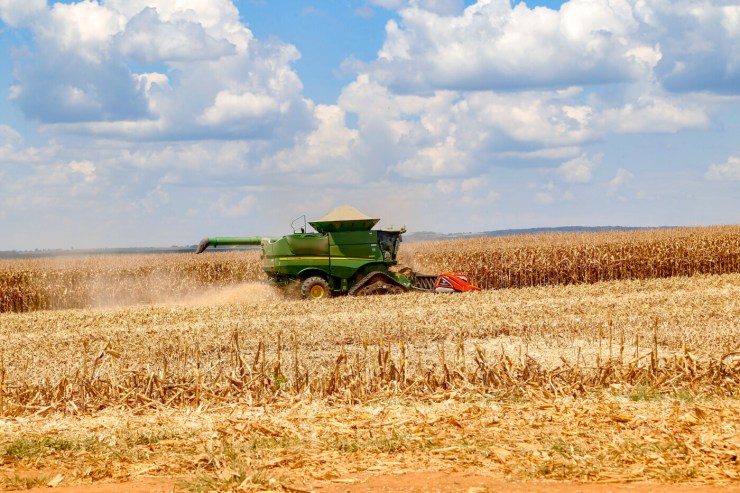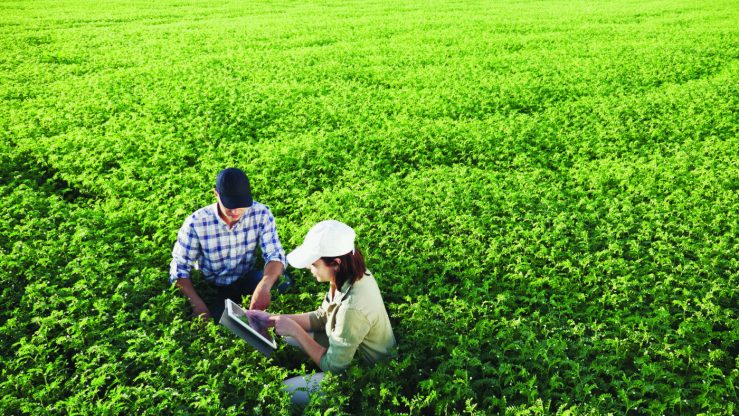The FAEP System supports the proposal to bring forward the launch of the Harvest Plan to the beginning of each year, linking it to the fiscal year. Currently, rural credit policy is tied to the harvest year, which begins on July 1st and ends on June 30th of the following year. Although not yet formalized, the proposed change has been gaining momentum in Congress, led by the Parliamentary Agricultural Front (FPA).
Currently, the Harvest Plan is announced between June and July of each year. However, the federal budget is set for each fiscal year—the period from January 1st to December 31st. Thus, each Harvest Plan uses resources from the budgets of two different years, which hinders the planning and implementation of public policies.

Photo: Jose Fernando Ogura
Similarly, this format has distorted access to rural credit policies for rural producers. For example, when planting summer crops, producers typically obtain financing between March and April (under a Harvest Plan) to begin sowing in September (when the following Harvest Plan is already in effect).
In the FAEP System's view, this affects rural producers' predictability. The entity believes that ideally, these resources would be allocated in the Budget Guidelines Law (LDO) for a single year.
Furthermore, the new model would allow the Harvest Plan to be considered in a more comprehensive context, as outlined in the Multi-Year Plan (PPA) – which establishes a plan with goals and budget forecasts for a four-year period. "The Harvest Plan tied to the calendar year would make credit access policy more efficient for all parties involved. It would allow the federal government to plan and forecast resources assertively. For producers, this model would also bring predictability and allow farmers to contract and use resources under a single Harvest Plan," argues Ágide Eduardo Meneguette, interim president of the Faep System.
The Safra Plan has been tied to the fiscal year since 2003. At the time, this format was chosen to follow the summer harvest cycle, then considered the most important in Brazilian agriculture. "The summer harvest remains relevant. But, over the past few decades, the winter harvest has become increasingly important, particularly because of the diversity of our crops. Brazilian agriculture cannot be conceived without considering the importance of its crops. Therefore, linking it to the summer harvest no longer makes sense," Meneguette points out.





